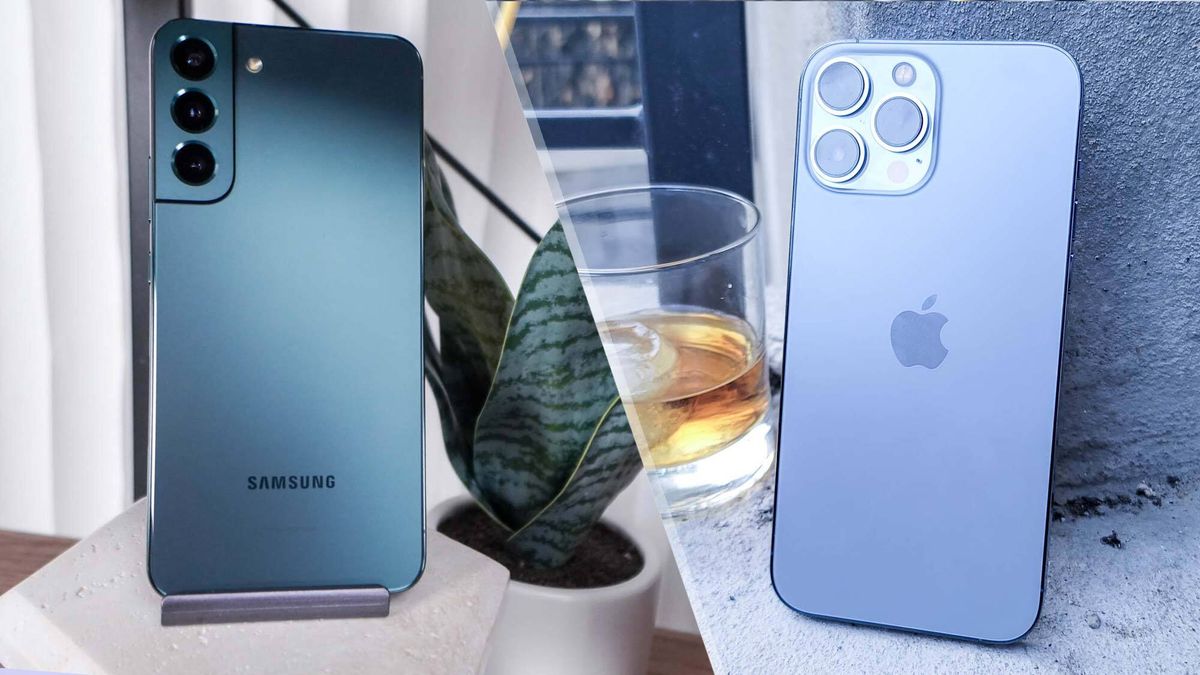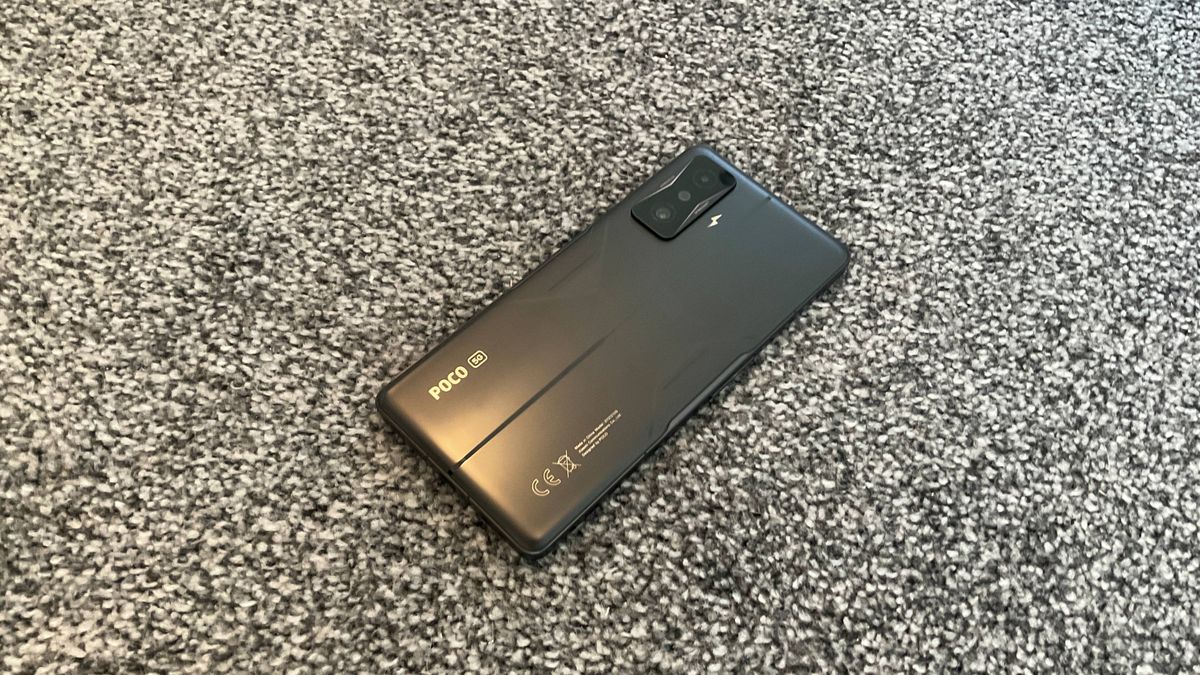Don’t crucify me, Android lovers! I know some of you angrily clicked the link to this article to tear me a new one, but hear me out first — I’m one of you. I have the Samsung Galaxy Note 20 Ultra and it has a cornucopia of features that the latest iPhone, though packed with the world’s most powerful mobile processor, can’t compete with.
When a bar is too loud with chatty patrons and wall-shaking music, I yank out my S Pen, scribble my drink order on the display, and show the bartender. The look of relief that comes across their face is priceless, as if to say, “Thank you for giving me a break from reading lips and yelling ‘Huh?!’ every so often.”
Can the stylus-free iPhone do that? I didn’t think so!
Google Assistant and Bixby are my digital servants — er, I mean “assistants” — who listen to my commands, whether it’s launching an app, setting alarms and timers, playing fun games, telling bedtime stories, and more. Siri, on the other hand, is one lazy chick. If it were personified as my real-life au pair, Siri wouldn’t listen to my request to vacuum my rug — she’d rudely text me a Roomba instruction manual instead.
I can go on and on about why Android has an edge over iOS, however, when it comes to traveling, I’m changing my tune. At WWDC 2022, Apple showed off the new iOS 16 features headed to iPhone later this fall, and as someone with a bad case of the travel bug, the Cupertino-based tech giant may have seduced me to the dark side.
With incredible, forthcoming updates to Apple Wallet, Maps, and Live Text, the iPhone is looking more and more alluring to hodophiles, digital nomads, and other frequent travelers
iOS 16 features that may entice Android-owning travelers to switch
I’ll bet money that Apple’s software development team is filled with globetrotters who’ve stumbled upon frustrating issues while traveling — and they sought to solve those headaches with updates to iOS 16. Many of the inconveniences I’ve encountered while visiting foreign countries seem to be rectified with Apple’s new focus on bringing more travel-friendly features to the iPhone.
Below are the new iOS 16 features that may entice you to make the iPhone your daily driver, especially if you often travel for pleasure.
iOS 16 features that may entice Android-owning travelers to switch
I’ll bet money that Apple’s software development team is filled with globetrotters who’ve stumbled upon frustrating issues while traveling — and they sought to solve those headaches with updates to iOS 16. Many of the inconveniences I’ve encountered while visiting foreign countries seem to be rectified with Apple’s new focus on bringing more travel-friendly features to the iPhone.
Below are the new iOS 16 features that may entice you to make the iPhone your daily driver, especially if you often travel for pleasure.
Translating text in photos and videos
Imagine that you’re vacationing in an exotic location where you can’t speak nor read the language, but you want to try a delicious cultural dish at a restaurant frequented by locals. The waiter gives you the menu, but it looks like hieroglyphics. You start to panic because you don’t want to order the wrong entrée. Thanks to Live Text, you can take a photo of the menu, highlight the words that are unfamiliar to you, and get a translation from the foreign language to your native tongue.
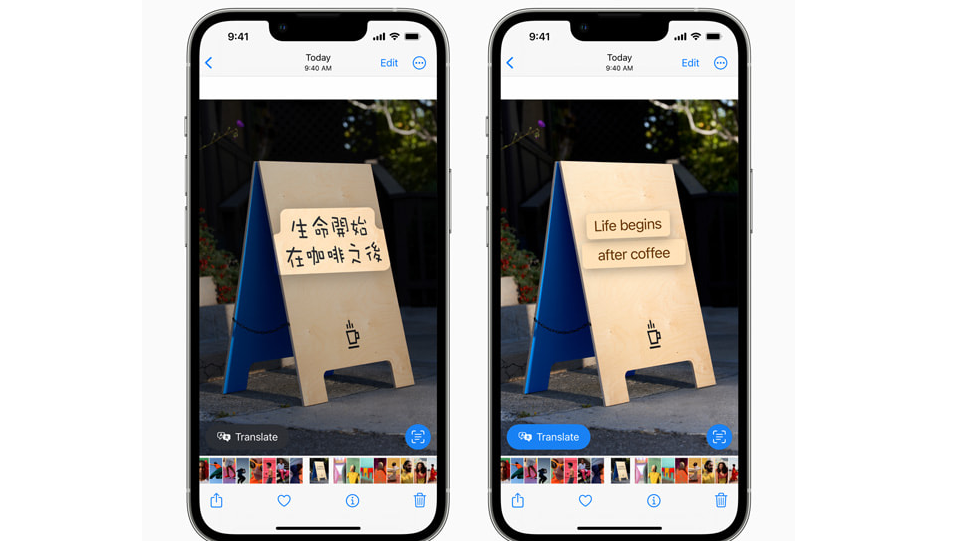
Sure, you can also do this on Android via the Google Translate app, but Apple plans to take it a step further and expand Live Text to video for iOS 16. I’ve had an experience where I recorded a walking tour of a city, and when I got to the hotel to watch it, I’d spot interesting signs, ads, and awnings — all with words that I don’t recognize. Here is where Live Text in Video shines; I can translate the words in my videos in a snap.
Multistop Routing in Maps
Yeah, I’m one of those weird, overly meticulous planners who create itineraries that flesh out every single step they’ll take at their destination. As such, Apple’s new Multistop Routing feature is music to my ears; it lets users plan up to 15 routes in advance. Let’s say I’m in Iceland and I want to visit a popular hot springs spot, feast my eyes on majestic glaciers, and check out a cascading waterfall. I can input all of these locations into Maps, allowing me to follow directions from point A to C. I know, I know — this is a feature Google Maps offered for years, but with Apple finally getting with the times, the search-engine giant should be shaking in its boots!
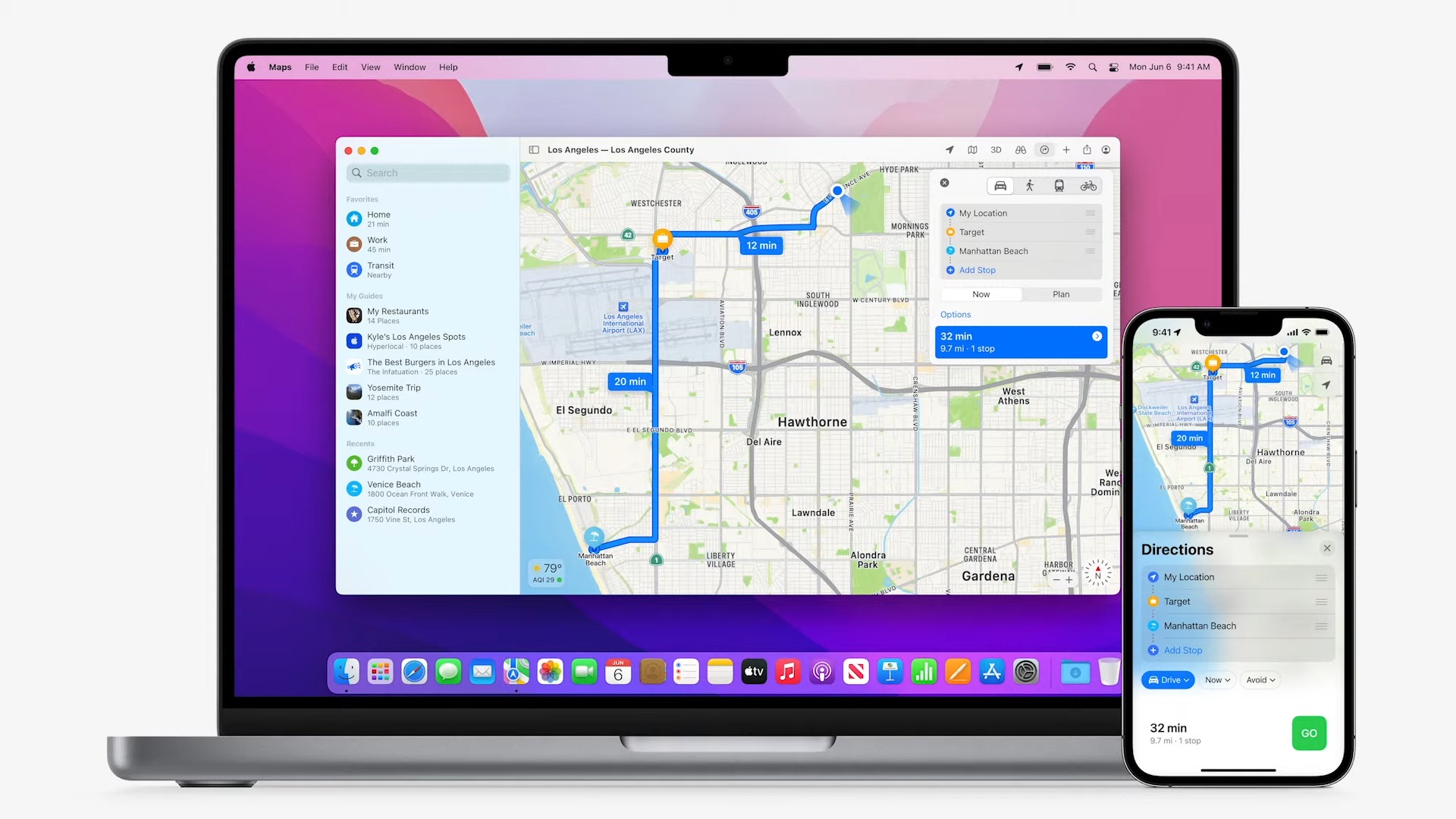
On top of that, thanks to iOS 16, users will have the opportunity to see previous routes in Recents, making it easier to quickly get directions for places you’ve already visited. Nothing is more aggravating than constantly inputting your hotel or AirBnB’s address, so this is a total time saver for frequent travelers.
Lastly, Apple updated Maps to give users estimates of how much transit will cost them. For some locations, Maps also prompts you to add transit cards to Apple Wallet.
Digital documents in Apple Wallet
The MacBook maker went nuts with Apple Wallet this year, making it more travel-friendly than ever. It’s clear that Apple is envisioning a world in which physical, paper documents are a thing of the past. In the Cupertino-based tech giant’s perfect world, as long as you have your phone, you can zip past checkpoints with ease.
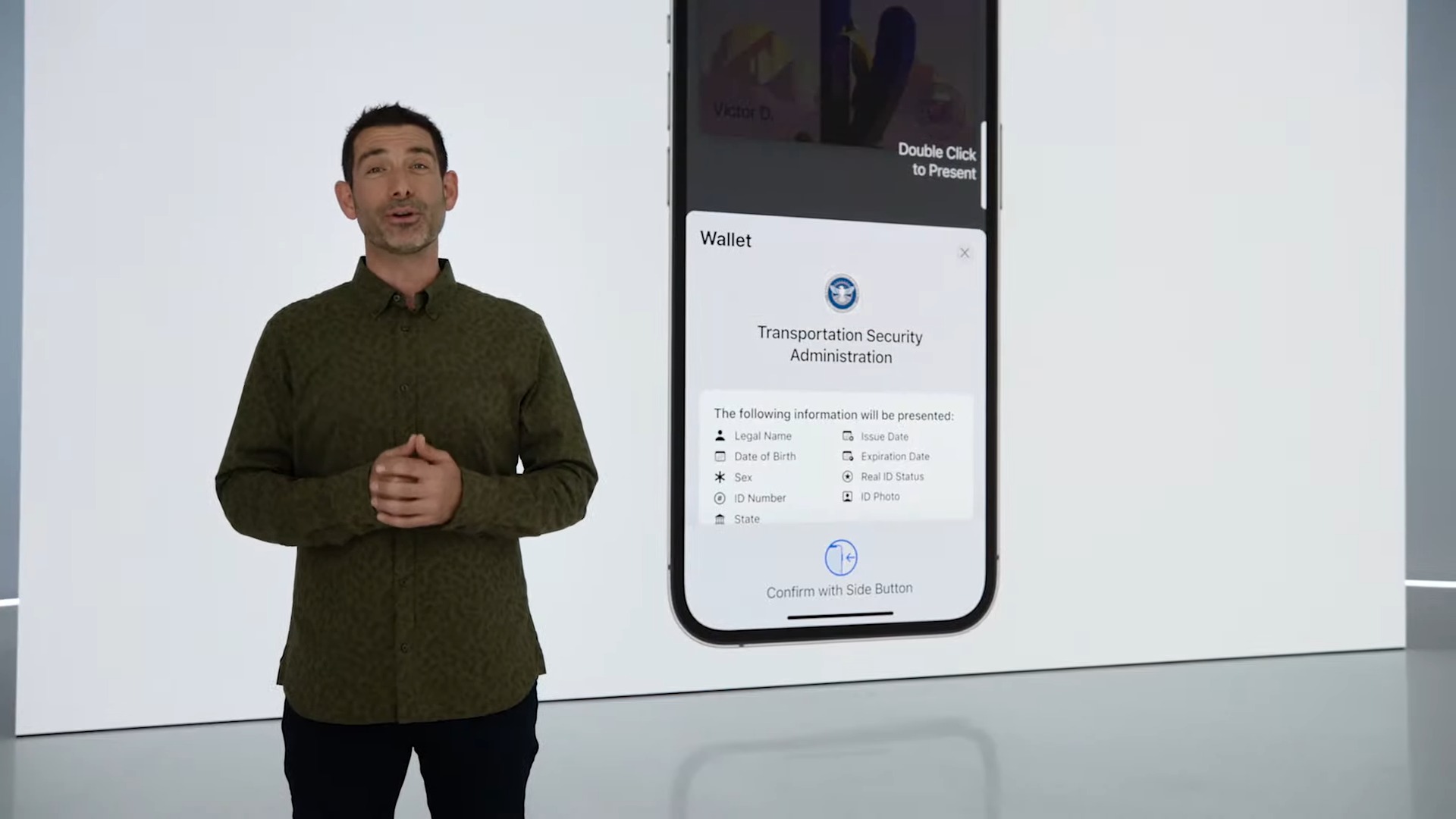
We’re not there just yet, but with every major iOS update, we’re getting one step closer. For example, Arizona and Maryland residents can now input their driver’s licenses and IDs into Wallet — and Apple mentioned it’s currently working on deploying this cool feature to 11 additional states.
I was over the moon when Apple’s Senior Director of Merchant Solutions Corey Fugman said, “The first locations now accepting [Apple] Wallet IDs are select TSA security checkpoints.” I’ll celebrate the day when I can simply show my passport via my phone instead of digging around my bag for it. TSA is a pain in the butt for many, but with Apple’s digital verification strategy, those sluggish airport lines should move more swiftly.
Easier sharing for hotel keys
I’ve been in hotels that feature apps that allow guests to use a digital key to open their rooms. In my experience, however, the process was janky. During a recent trip to Hawaii, my Android failed to open my hotel room door with my digital key, but luckily, I had a physical keycard that worked just fine.
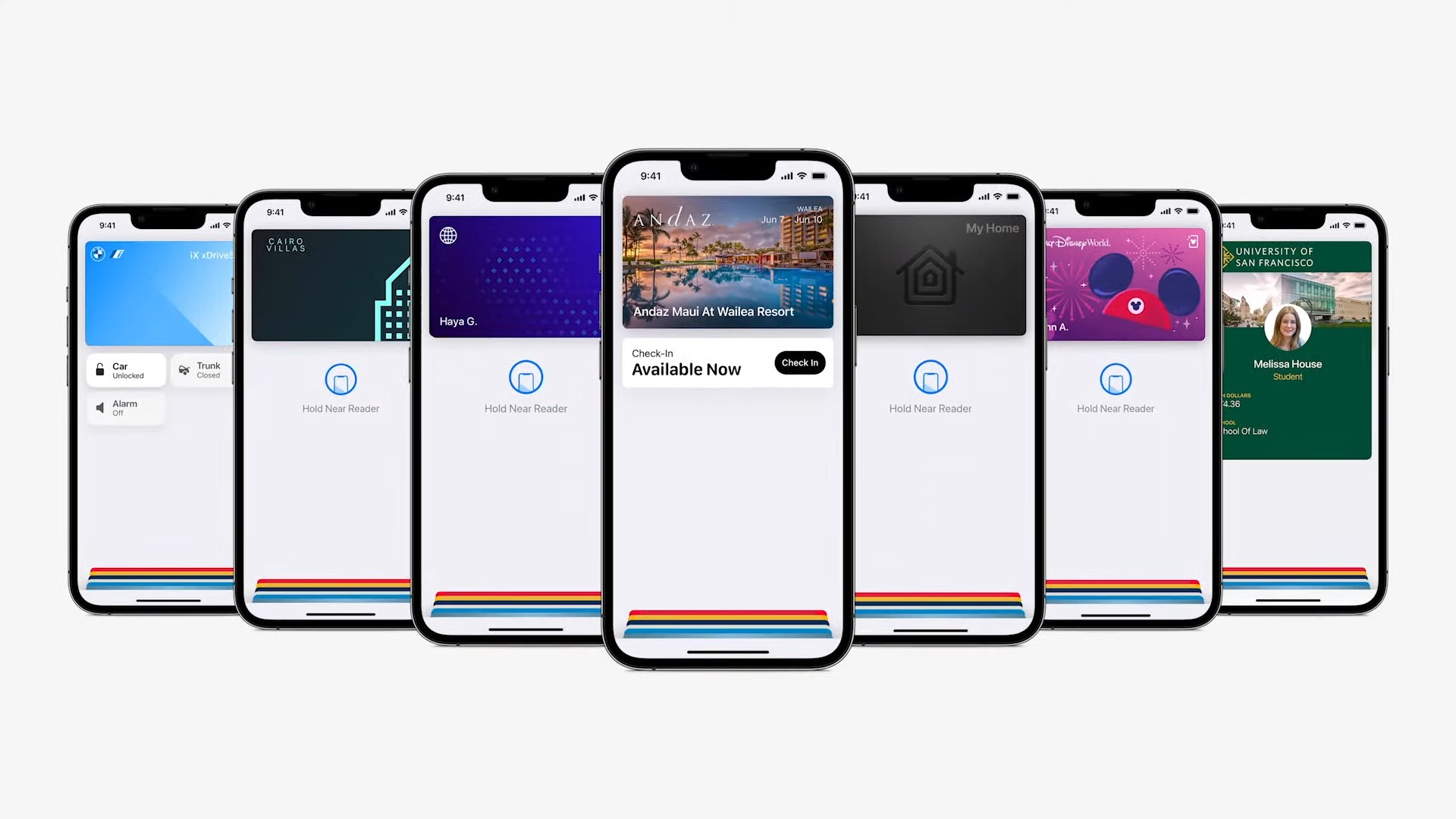
Currently, guests can add keys to Apple Wallet for select hotels and resorts — and I can’t help but wonder if that’s a more efficient process. For iOS 16, Apple said that it has made key sharing easier, allowing users to to send digital room keys to friends and family via Mail, Messages and WhatsApp.
As an avid AirBnB user, I suspect that, in the future, owners of short-term rental properties will have the opportunity to send digital keys to guests via iOS key sharing. Once the guest departs, the owner can remotely deactivate the key. It’d make check-in much easier for vacationers.
Outlook
I’m not fully on board the iPhone bandwagon just yet. I’ll have to test these features to see how well they work in practice once iOS 16 rolls out later this year. But as it stands now, Apple has positioned the iPhone to be a more attractive device for backpackers and tourists.
I mostly use Google-based apps to navigate foreign countries with unfamiliar languages, but my patience is wearing thin with them. In my experience, Google Translate can’t pick up on fast-speaking locals, Google Assistant is inconsistent, and Google Maps often fails to “see” how I’m oriented relative to the map. I’m ready to experiment with iOS 16 and see whether it can make my travels more seamless.

